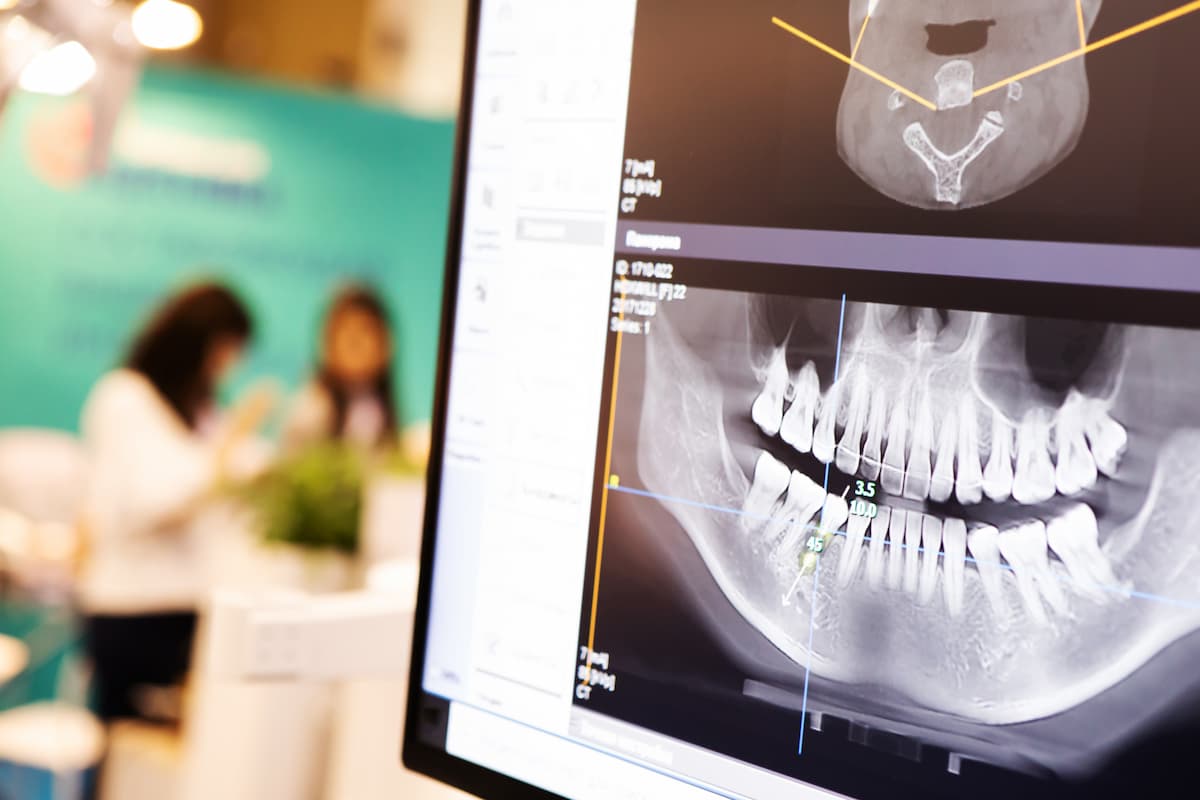If you’ve ever considered getting dental implants in Melbourne, you might assume the most important factor is the condition of your teeth or gums. But an often overlooked aspect is the health of your jawbone, which plays a critical role in whether implants are even possible.
Dental implants are more than just surface-level replacements. They’re anchored deep into your jawbone, mimicking the function of a natural tooth root. This means your bone health isn’t just important, it’s foundational. Without strong, healthy bone, there’s nothing stable enough to hold the implant in place.
Understanding the Connection Between Bone and Implants
When a tooth is lost, the bone in that area of the jaw stops receiving the pressure and stimulation it needs. Over time, the body begins to break down and reabsorb the bone. This natural process can cause the jaw to lose structure and density.
It is recognised that bone loss can occur quickly after tooth loss, which is why timing is critical when considering the dental implant process. The longer the wait, the more bone may be lost, potentially limiting treatment options.
If the bone becomes too thin or soft, placing an implant becomes risky. In such cases, procedures like bone grafting may be necessary to rebuild the jaw structure before implant surgery can proceed.
Signs That Bone Loss May Be a Concern
Bone loss often progresses without obvious symptoms. However, if a tooth has been missing for some time or if dentures have been worn for years, there is a chance the jawbone has already changed. A dental scan can evaluate the volume and quality of bone to determine whether implants are viable.
Early intervention can help prevent further complications. With the right approach, the foundation can often be restored to support lasting results.
How to Support Bone Health for the Long Term
Maintaining good bone density isn’t just about dental implants, it’s an important part of overall oral health. Here are some ways to protect and support the structure of your jaw:
- Don’t delay replacing missing teeth. Gaps can lead to faster bone deterioration.
- Practise good oral hygiene. Gum disease can accelerate bone loss.
- Eat a balanced diet rich in calcium and vitamin D. These nutrients support bone strength.
- Stay active. Physical activity benefits overall bone health, including your jaw.
If you’re considering implants, it’s important to discuss your bone condition early in the dental implant process. Dr Jaclyn Wong, a skilled dental surgeon in Hawthorn, can evaluate your specific needs and help you explore your options, whether that means placing an implant right away or planning a staged approach with grafting or other preparation.
Bone health is the hidden foundation of successful dental implants. Without it, even the most advanced technology can fall short. That’s why choosing a dentist who understands both the surgical and structural aspects of implant care is essential. With the right guidance, you can restore more than a missing tooth, you can build a lasting foundation for your oral health.
If you’re considering dental implants and want to ensure your bone health is thoroughly evaluated, Dr Jaclyn Wong is here to help. With her expertise and personalised approach, she can guide you through every step—from assessment to treatment planning—ensuring the optimal outcome for your smile.
Book a consultation with Dr Jaclyn Wong, your trusted dental surgeon in Hawthorn, and build a strong foundation for your dental health.
